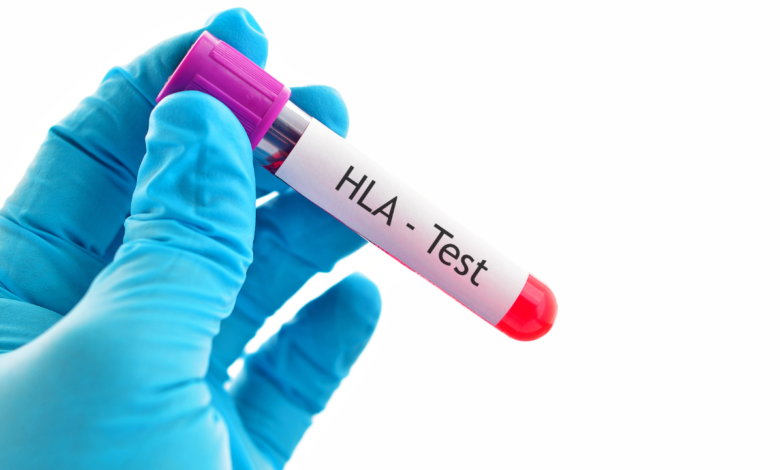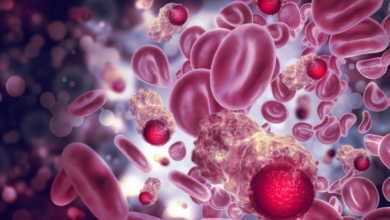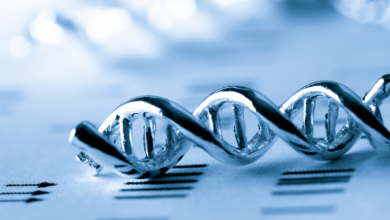HLA-B*58:01 Testing (for allopurinol hypersensitivity)

What is HLA-B*58:01 Testing?
HLA-B*58:01 testing is a genetic test used to identify individuals who are at a significantly increased risk of developing a severe allergic reaction known as Stevens-Johnson syndrome (SJS) or toxic epidermal necrolysis (TEN) when taking the medication allopurinol. Allopurinol is commonly prescribed to treat gout and hyperuricemia.
Why HLA-B*58:01 Testing is required?
HLA-B*58:01 testing is crucial for:
- Preventing severe allergic reactions: Individuals with the HLA-B*58:01 allele are at a significantly higher risk of developing SJS or TEN when taking allopurinol. By identifying these individuals before starting treatment, doctors can avoid prescribing allopurinol and choose alternative medications.
- Ensuring patient safety: SJS and TEN are life-threatening conditions that can cause severe skin peeling and organ damage. Early identification and prevention are essential to safeguard patient health.
which are the method of HLA-B*58:01 Testing?
HLA-B*58:01 testing typically involves:
- Blood sample: A simple blood draw is taken from the patient.
- Genetic analysis: The DNA in the blood sample is analyzed to determine the presence or absence of the HLA-B*58:01 allele.
- Interpretation: The results are interpreted to assess the patient’s risk of allopurinol hypersensitivity.
who should go for HLA-B*58:01 Testing?
Individuals considering allopurinol treatment should undergo HLA-B*58:01 testing, especially if:
- They have a family history of allergic reactions to medications
- They have a history of severe skin reactions
- They are of Asian descent, as the HLA-B*58:01 allele is more prevalent in certain Asian populations
What are the results of HLA-B*58:01 Testing?
HLA-B*58:01 testing results can be categorized into two main groups:
- Positive: Individuals who test positive for the HLA-B*58:01 allele should avoid taking allopurinol due to the high risk of SJS or TEN.
- Negative: Individuals who test negative for the HLA-B*58:01 allele are generally considered to have a lower risk of allopurinol hypersensitivity, but other factors may still influence their response to the medication.
What are the components of HLA-B*58:01 Testing ?
HLA-B58:01 testing specifically focuses on the HLA-B58:01 allele, which is a variant of the human leukocyte antigen (HLA) complex. The HLA complex is a group of proteins on the surface of cells that help the immune system distinguish between self and non-self. The presence of the HLA-B*58:01 allele has been strongly linked to the development of allopurinol-induced SJS and TEN.





